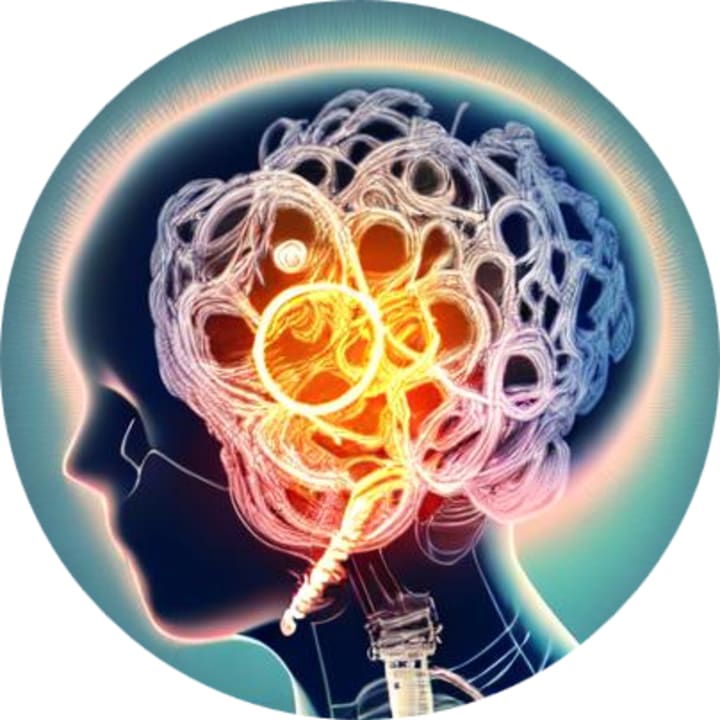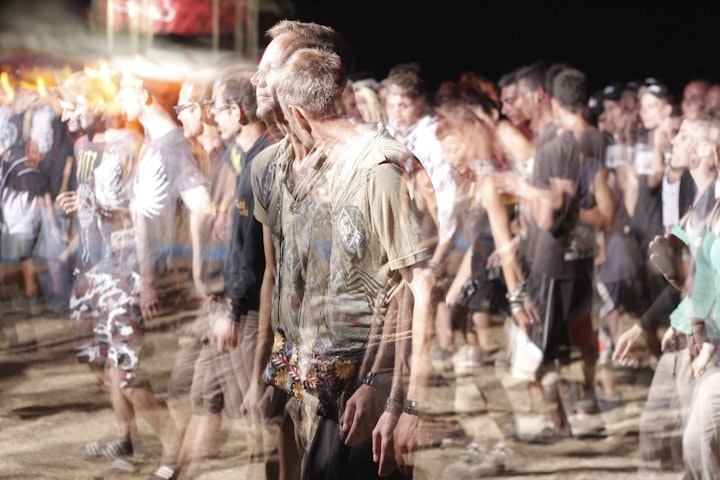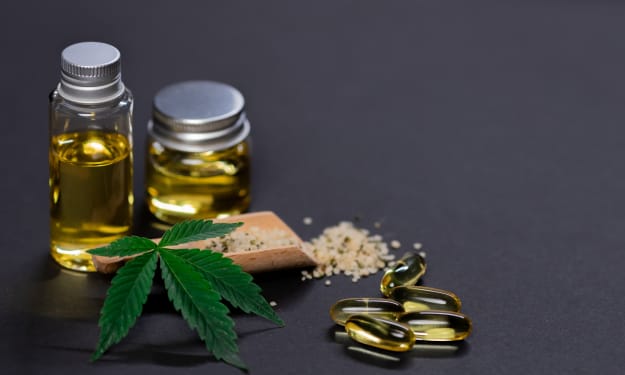"Unlock the Doors of Perception: The Truth About LSD Use and Abuse"
Tripping Out: The Mind-Bending Effects and Risks of LSD
LSD, or lysergic acid diethylamide, is a powerful and potent hallucinogenic drug that can have a profound impact on the way you perceive the world around you. It was first created in 1938 by a Swiss chemist named Albert Hofmann who was trying to develop a new medication to aid in breathing problems. However, he quickly discovered that LSD had unique and powerful effects on the brain that could cause changes in perception, emotions, and consciousness.
The effects of LSD on the brain are due to its ability to bind to serotonin receptors, particularly the 5-HT2A receptors found in the prefrontal cortex, thalamus, and other areas of the brain involved in perception and emotion. By binding to these receptors, LSD can cause the neurons in these regions to become more active and can alter the processing of sensory information, leading to hallucinations, synesthesia, and changes in mood and cognition.
The effects of LSD can vary greatly depending on the dose and the individual's mental state and surroundings. Some people may experience mild changes in perception, while others may have profound and transformative experiences that can last for several hours. Common effects of LSD include changes in visual and auditory perception, altered sense of time, heightened emotions, and a sense of connectedness to the world around you.
However, LSD can also have negative effects, particularly if the person has a bad trip. A bad trip is a term used to describe an intense and negative psychological experience that can lead to feelings of paranoia, anxiety, and panic. Some people may experience a loss of control or feel like they are dying. Bad trips can be especially dangerous if the person is not in a safe and supportive environment.
In addition to the immediate effects, LSD use can also have long-lasting effects on mental health. Some people may experience persistent anxiety, depression, or flashbacks long after the drug has worn off. In rare cases, LSD can trigger psychotic episodes, particularly in people who are already predisposed to mental health problems.
Beyond the health risks, LSD use can also have legal and social consequences. Possession, sale, and distribution of LSD are illegal in most countries, including the United States, and can result in criminal charges and incarceration. Using LSD can also lead to social isolation, conflict, and the loss of personal identity and direction.
Despite the risks, some individuals continue to experiment with LSD for its potential to induce spiritual experiences and personal growth. Some research suggests that LSD use may have therapeutic benefits for conditions such as anxiety, depression, and addiction, though more research is needed to fully understand its potential uses and risks.
If you or someone you know is struggling with addiction to LSD or other drugs, seeking professional help is strongly recommended. There are people who can support you and help you navigate this challenging time. While LSD can be a powerful and transformative drug, it's important to approach it with caution and mindfulness, and to be aware of the potential risks involved.
"LSD: Risks, Effects, and Facts"
- LSD is a synthetic compound derived from lysergic acid, a natural substance found in certain types of fungi.
- LSD is one of the most potent psychoactive substances known to man, with a typical dose ranging from 20 to 80 micrograms.
- LSD was originally developed as a potential treatment for respiratory depression and was later investigated as a treatment for various psychiatric disorders.
- LSD can produce a wide range of effects, including hallucinations, altered perception of time and space, and changes in mood and emotion.
- LSD is typically taken orally, either in the form of a blotter paper tab, a liquid solution, or a gelatin "windowpane."
- LSD can last up to 12 hours or more, and users may experience a "bad trip" characterized by intense anxiety, paranoia, and hallucinations.
- LSD use can have long-term effects on mental health, including persistent anxiety, depression, and flashbacks.
- LSD is illegal in most countries, including the United States, and possession, sale, and distribution can result in criminal charges and imprisonment.
Research into the potential therapeutic uses of LSD is ongoing, particularly for conditions such as anxiety, depression, and addiction.
If you or someone you know is struggling with addiction to LSD or other drugs, seeking professional help is strongly recommended!!!!
Connect with us:

About the Creator
MAKING REAL MONEY
Follow me!







Comments
There are no comments for this story
Be the first to respond and start the conversation.